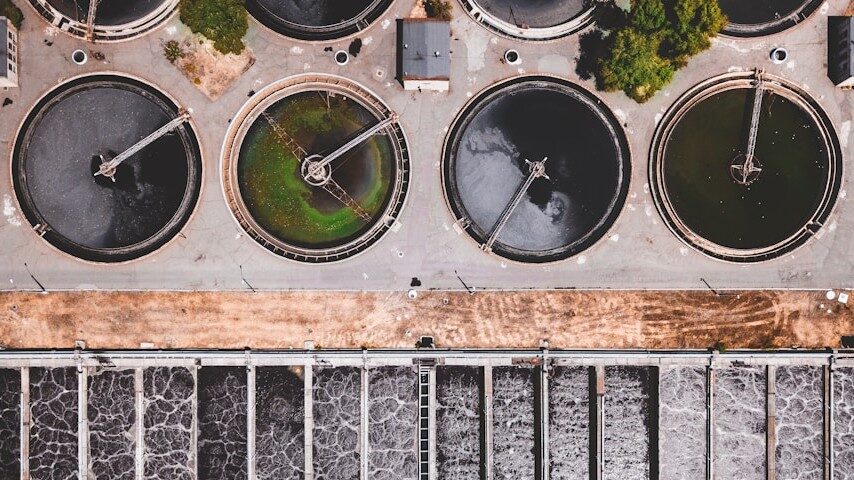How do we clean Wastewater?
By Finlay Gilkinson – 12/03/2025
How do we clean Wastewater?
Water is essential for life, yet every day, billions of gallons of wastewater are produced worldwide. Whether it comes from homes, industries, or agriculture, untreated wastewater can devastate the environment and public health. Fortunately, wastewater treatment plants play a crucial role in purifying this water before it returns to nature. But how do we clean wastewater?

The Journey of Wastewater: From Dirty to Drinkable
Wastewater treatment involves several sophisticated steps designed to remove contaminants, making water safe for reuse or discharge. Here’s how it happens:
Why do we have to clean Wastewater?
Without proper wastewater treatment, pollutants would enter water bodies, leading to the destruction of ecosystems, the spread of diseases, and contamination of drinking water sources. Effective treatment prevents harmful bacteria and toxins from reaching our water supply, ensuring a safer and healthier environment for all.
The Future of Wastewater Treatment
As global water scarcity rises, wastewater recycling and advanced treatment methods are becoming more critical. Innovations like AI-driven monitoring, energy-efficient desalination, and circular water systems are shaping the future of sustainable water management. Investing in better treatment technologies not only preserves the planet but also secures water access for future generations.
Ready to find the perfect job?
Our team of experts work with an extensive network of employers. Submit your CV to ensure you’re a part of our network of talented candidates and we’ll make you aware of opportunities before they are even posted.
